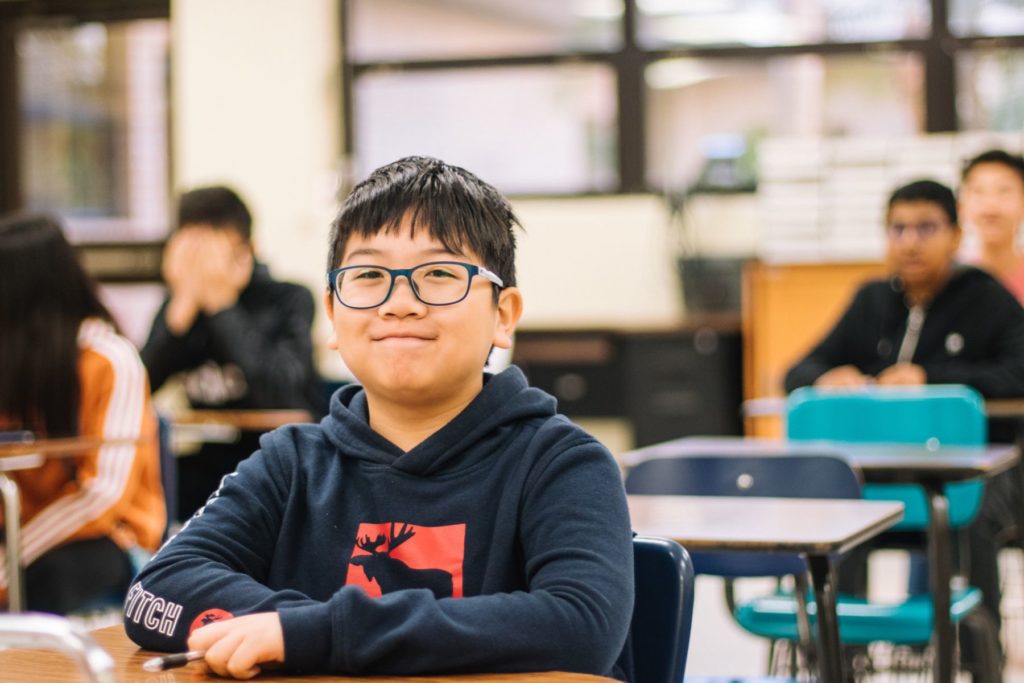If you’re a parent of a gifted child or are work in gifted education, you’ve probably noticed that the term “gifted” doesn’t always have the most positive connotation in conversations outside of a similarly minded community. Even apart from my involvement with IEA for the past five years, I was in gifted programs growing up, so I’m always fascinated to hear why people feel the way they do about giftedness. Almost always, it stems from a misunderstanding of what the term “gifted” even means.
A recent trend is certain corners of the internet is young adults who were called “gifted” as children sharing how that label affected them, and the effects they share are usually negative. This Buzzfeed article (note: contains language) gathers quotes from other “former gifted kids,” so I’ll choose a few to frame my explanation of how IEA programs are actually an antidote to these negative effects, rather than part of the problem.
Here are 3 quotes from former gifted kids and how IEA’s work is helping to break the cycle of negativity:
“I had the experience I think a lot of ‘gifted’ kids have when they enter a world no longer ruled by classes and grades and discover they are no more well equipped to face the world than anyone else. All we have is a false superiority complex and massive disappointment in ourselves every time we don’t immediately excel at something.”
Many gifted kids are underachievers or gifted in a way that doesn’t result in high grades. For those who are used to easily excelling in school, IEA creates an environment to be challenged, often for the first time, in a safe and supportive environment.
“I entered a culture where everyone, teachers, parents, relatives, etc. valued me for my smarts, and so I used that as my yardstick to value other people for a long time. Nowadays I’m more interested in who shows compassion, loyalty, dedication, generosity, humor, etc.”
IEA programs, in addition to helping our students grow intellectually, also helps them develop emotionally, socially, and spiritually. We place a high value on empathy and how to be the kind of friend to others that you would want to have yourself.
“I got into a lot of trouble. Even though I was a full academic year ahead, I was still not very intellectually stimulated, so I started trying to find ways to keep myself amused. These ended up not being very well thought of by authority figures.”
It’s true that boredom can lead to negative behaviors. I’ve heard from several Academy parents that their children behave much better in Academy classes than they do at school because they are continually engaged in the material rather than waiting for the next assignment. IEA programs also teach students how to self-regulate to keep frustration to a minimum even when they are in over- or under-stimulating environments.
These former gifted kids may feel negatively impacted by their experience bearing that label, but our hope at IEA is that our students are empowered to keep growing in all aspects of self, even after they leave our programs. I believe IEA programs push students to feel challenged to strive toward their full potential as intelligent, compassionate, and creative young people!




